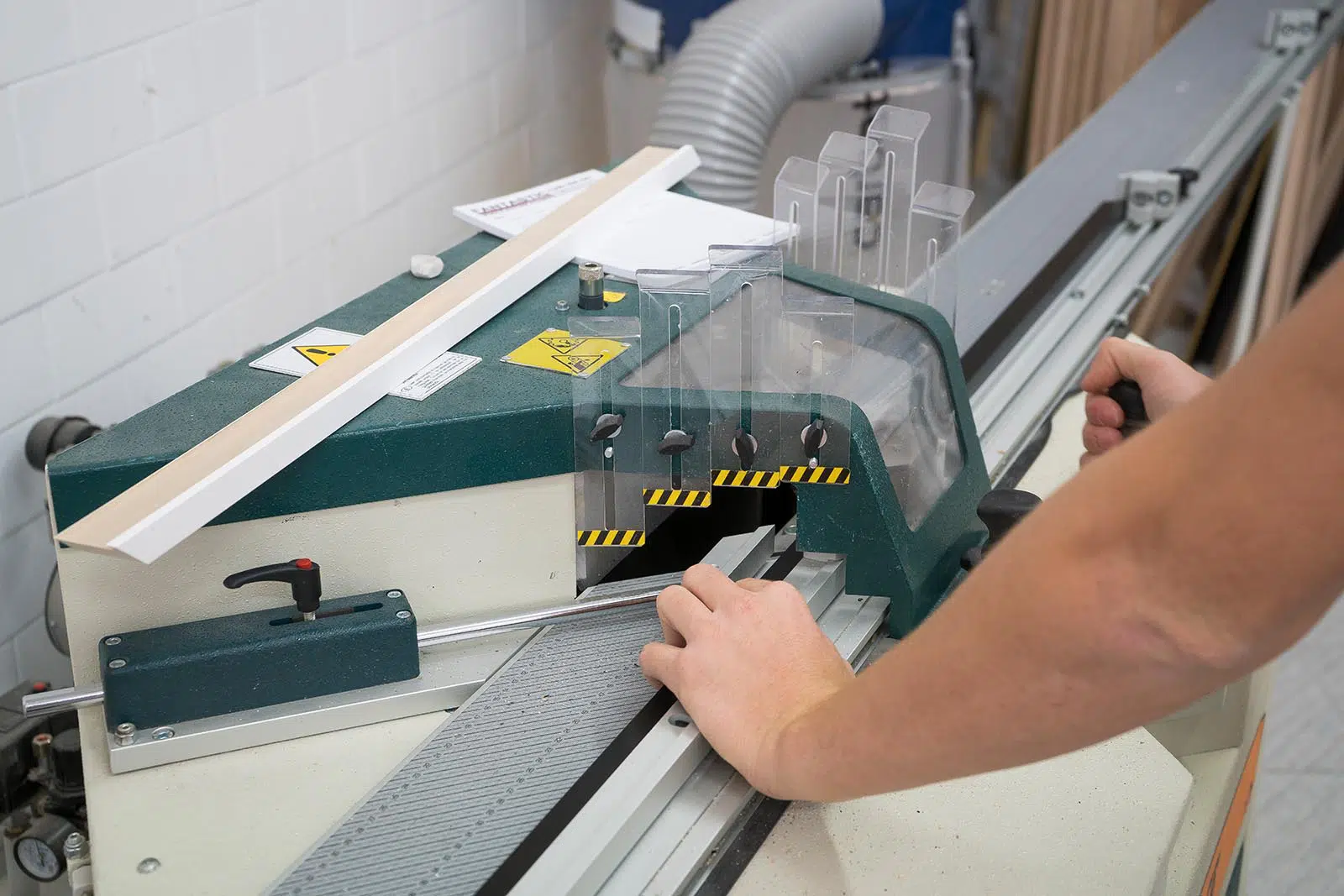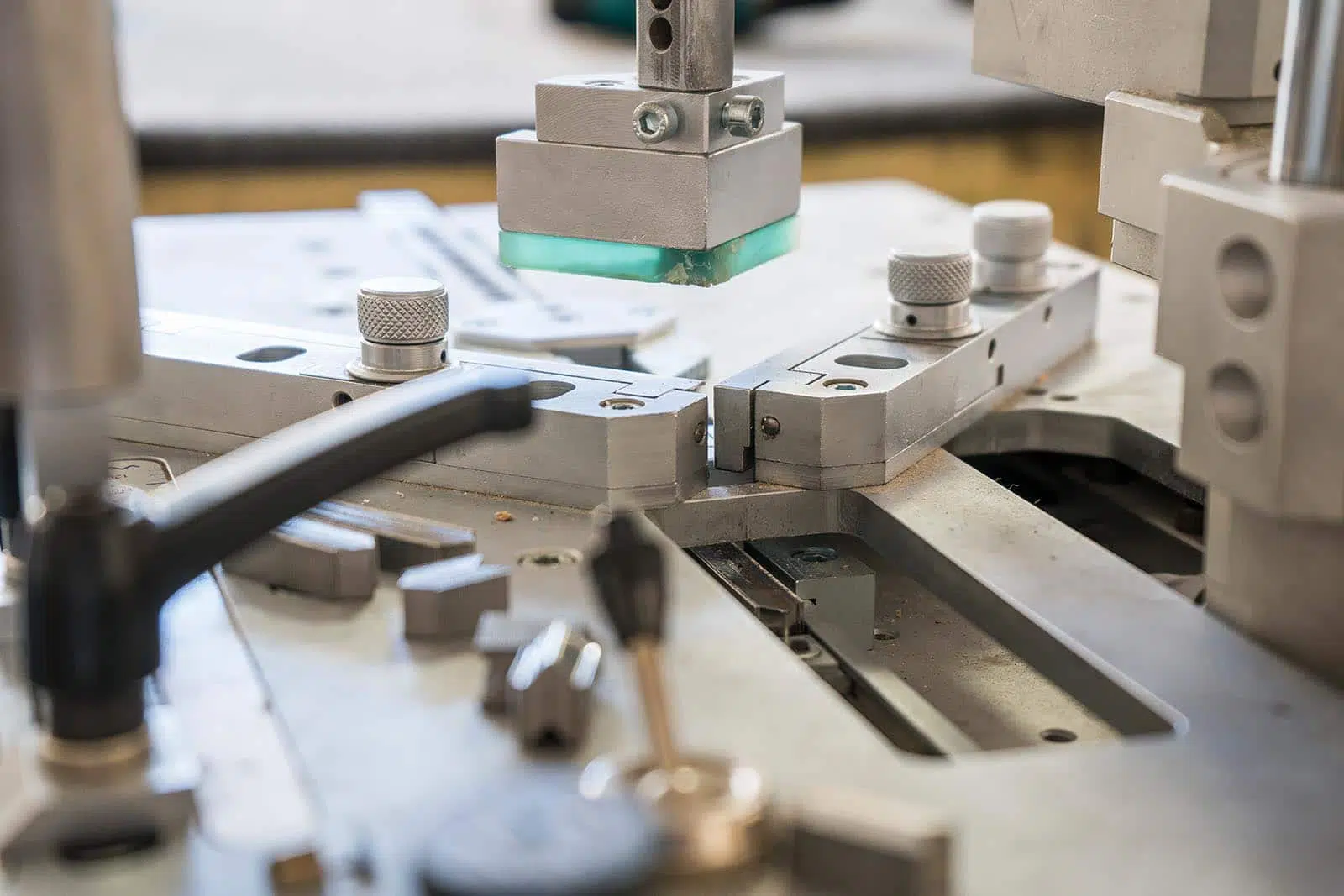Avi Efrat, the founder of Fantastic Framing, has once again proven that he is dedicated to the welfare of his employees. According to him, the one thing he can’t cut is wages. This is coming at a time when the prices for petrol, materials, and wages are on the increase.
Fantastic framing is a leading voice in the picture framing industry in Australia. The business was founded in 2007 and has 40 employees working along with a fleet of 15 vans. They are a mobile picture framing service offering onsite picture and art framing around Sydney and the CBD areas. They have nine stores and focus on bringing the picture framing service to their customers.
Fantastic Framing has plans for further expansion, so the question is, “how will they manage the high costs of business operations?” Instead of cutting down wages, Avi Efrat took a new approach to business costs. According to him, his approach is like squeezing the last few centimetres out of a toothpaste tube. He is cutting unnecessary costs such as excess office space and software memberships.
However, Avi insists that he would never cut down on his employees’ wages. When he heard of the wage rise decision, he gave his lowest-paid employees a 15 per cent wage increase. He also included performance perks.
He is doing this because he believes that if you do not then you would not have happy employees.
Avi Efrat says he has been spending an extra $5000 a month on fuel since the increased price of unleaded petrol. This is in addition to the new national minimum wage increase.
However, Efrat believes the solution is not more sales because that would take time. He believes that businesses need to think on their feet about what can be done. According to him, businesses can benefit from all this by eliminating unnecessary costs.
Stuart Miller, chief executive at myHomecare, has a slightly different belief. While he accepts the idea of a wage increase, he believes the small business industry needs more support from the government, or service to clients might decrease. He believes that small businesses cannot provide the same level of care when they are losing money.
Innes Willox, chief executive at AI Group, believes that the wage increase would preserve real incomes for many workers, but it could increase inflation and cause damage to other parts of the economy. He says that it would affect employment growth. Andrew McKellar, chief executive at the Australian Chamber of Commerce and Industry, shares similar thoughts. He believes that this is a bitter pill for small businesses to swallow.
The wage rise affects small businesses even though it would help most employees make ends meet. Hopefully, other businesses will take Avi Efrat’s approach and look at the increase in the cost of business operations positively. They could use the opportunity to cut down on unnecessary costs, just like squeezing the last centimetres from a toothpaste.



























